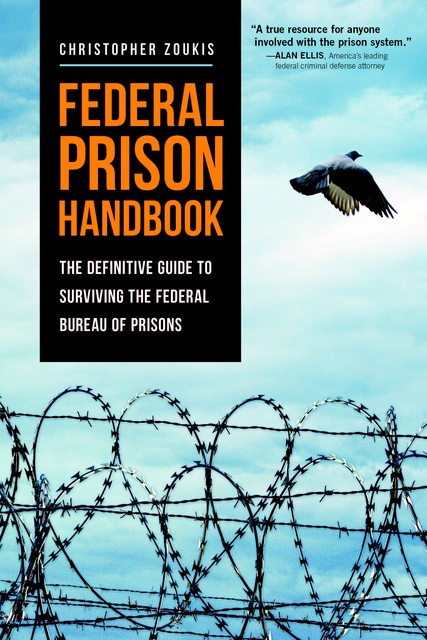by Douglas Ankney
The U.S. Court of Appeals for the Fourth Circuit, sitting en banc, held that the definition of a “crime of violence” in 18 U.S.C. 924(c)(3)(B)—commonly referred to as the “residual clause”—is unconstitutional for vagueness.
Joseph Decore Simms pointed a gun at the …
by Douglas Ankney
The U.S. Court of Appeals for the Fourth Circuit ruled that a district court must provide its rationale when denying a motion seeking a sentence reduction pursuant to 18 U.S.C. § 3582(c)(2).
In this case, the Court consolidated the appeals of Paulette Martin …
by Douglas Ankney
The U.S. Court of Appeals for the Fourth Circuit held that a 31-day delay in obtaining a search warrant after seizing a defendant’s cellphone, without reasonable justification, violates the Fourth Amendment and requires suppression of the evidence obtained from the phone.
Samuel Pratt was …
by Douglas Ankney
The Supreme Court of Georgia held the state statute authorizing the lifetime global positioning system (“GPS”) monitoring of persons determined to be a “Sexually Dangerous Person” (“SDP”) but who are no longer serving their sentences is unconstitutional.
In 2003, Joseph Park was convicted of …
by Douglas Ankney
The U.S. Court of Appeals for the Fourth Circuit held that a conviction for assaulting, beating, or wounding a law enforcement officer while resisting arrest (“ABWO”) in violation of South Carolina Code § 16-9-320(B) (“ABWO statute”) is not a predicate offense because it does not …
by Douglas Ankney
The U.S. Court of Appeals for the Second Circuit ruled that the Government violated Rule 16 of the Federal Rules of Criminal Procedure when its misleading disclosure caused the defense to forego filing a motion to suppress the defendant’s statement. The Court vacated the district …
by Douglas Ankney
Lists of discredited police officers whom prosecutors refuse to call as witnesses are known as Brady lists. These lists could play an important role in ensuring the criminal justice system is fair by tracking and exposing police officers who lie or engage in unethical behavior.
…
by Douglas Ankney
In a blow to those who cling to the idea that the death penalty deters murder, a study by the Abdorrahman Boroumand Center (“ABC”) demonstrates that when nations abolish the death penalty the rate of homicides decreases.
To be included in the study, …
by Douglas Ankney
The U.S. Court of Appeals for the Fourth Circuit reversed the district court’s dismissal of Charles Ray Finch’s habeas petition and remanded for a hearing on the merits of Finch’s claim of actual innocence.
In 1976, a jury in Wilson, North Carolina, convicted Finch …
by Douglas Ankney
The U.S. Court of Appeals for the Seventh Circuit ruled that the State concealed materially exculpatory evidence in violation of Brady v. Maryland, 373 U.S. 83 (1963), when it failed to disclose that the prosecution’s only witness to identify the defendant was hypnotized before …





